Editorial: Gender Identity Respect

October 11, 2016
From the moment we’re born, were confined to one binary gender, either female or male. As our lives progress, we get to know ourselves and find out who we are. But not everyone continues to discriminate themselves as male or female. The issue is, we need to respect individuals who wish not to be catagorized under male and female.
In most cases, the options don’t change as we mature, were given the options of binary genders. This limit isn’t included in all websites and servers however. Facebook created a revised option where one can create a custom gender. This allows people who don’t identify as a binary gender to select their preferred gender.
The common terms to use for nonbinary individuals include, genderqueer, agender, non conforming, gender-expansive, or simply non binary. To refer to them collectively, the LGBT community is also an option.
As for more specific terms, their are countless. The common ones are listed in the term LGBT, which stands for lesbian, gay, bisexual, and trans. As you get more and more terms, they become confusing. Asking someone what they identify as, or the definition is an accurate way to find out what one person prefers. On a larger scale, definitions provided by LGBT websites or blogs.
Members who are not a part of the LGBT community may find these other options unnecessary. To be considered nonbinary, a person typically doesn’t consider themselves as completely male or female, also known as non conforming.
However, members of the LGBT community such as our own Chloe Armstrong(9), react negatively. According to Armstrong, when she comes across male or female options, she becomes confused and upset as she doesn’t consider herself one or the other, but rather in between. The term Armstrong identifies as is gender fluid. This means that an individual feels that at any given time they are either female, or male, which is a constant change.
It’s understandable why binary individuals have no interest in pronouns, identities, etc., but one thing I have an issue with, is disrespect. Even though they may not understand or care, does not give them an excuse to mock agenders.
I’m not saying that all binary genders are like this, but I’ve come across a good amount of people who create an identity which makes no sense, just for the laughs. For example, someone saying, “I sexually identity as a bowl of cereal”, may be taken offensive to non conforming individuals. While these remarks are usually not intended to offend, it’s import to keep in mind how others with react.
Digging deeper into something even more confusing, pronouns. Personally, I find pronouns of non binary individuals, very confusing. When I see a physical representation of a female I automatically think she/her pronouns. It takes a bit of getting used to, but I try to refer to the persons preferred pronouns.
Something that’s become more common is asking someone what they identify and what their preferred pronouns are. Most people tend to assume ones gender by physical appearance which is normal, but it’s polite to ask just in case. If you’re not sure, it’s always safe to use the pronouns they/them.
Furthermore, there are many pronouns that are commonly used for gender-expansive people. So we already know about the typical he, she, hers, his, but what about non conforming?
The most common ones are they/them, which simply states the person, and leaves out gender specifics. As for the rest, they’re a bit harder to understand. Most likely you won’t encounter many people who have complex pronouns.
Discrimination is an entirely different issue. For the most part, disrespect is usually unintentional or for a gag. Discrimination is more aimed towards hateful actions, and remarks. Although it is a major issue for the LGBT community, it’s easier to persuade one who has neautral beleifs, rather than ones who are on the fence or completely disagree altogether.
Overall, even if we don’t understand people that are different than us, we need to respect them. Whether that means using the correct pronouns, or simply acknowledge that they do not identify as a binary gender.

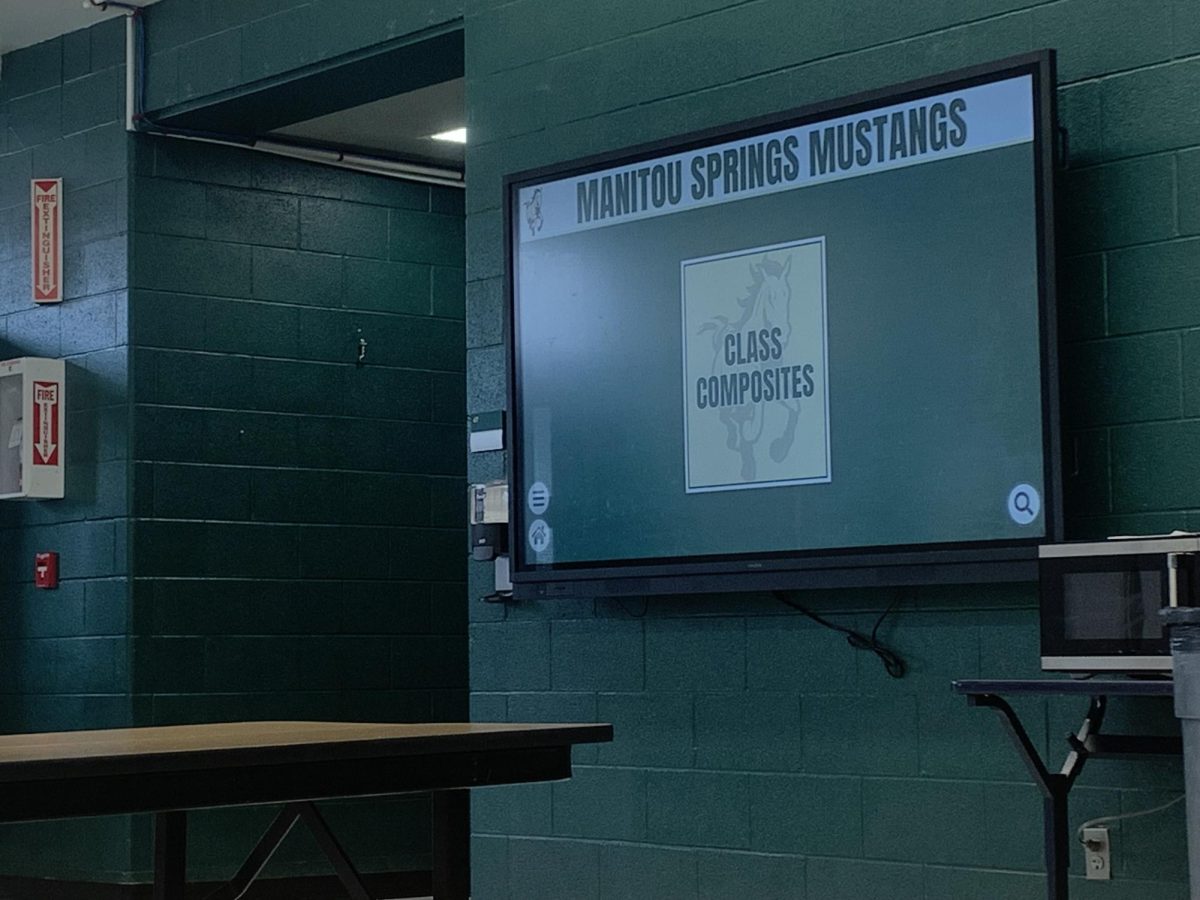
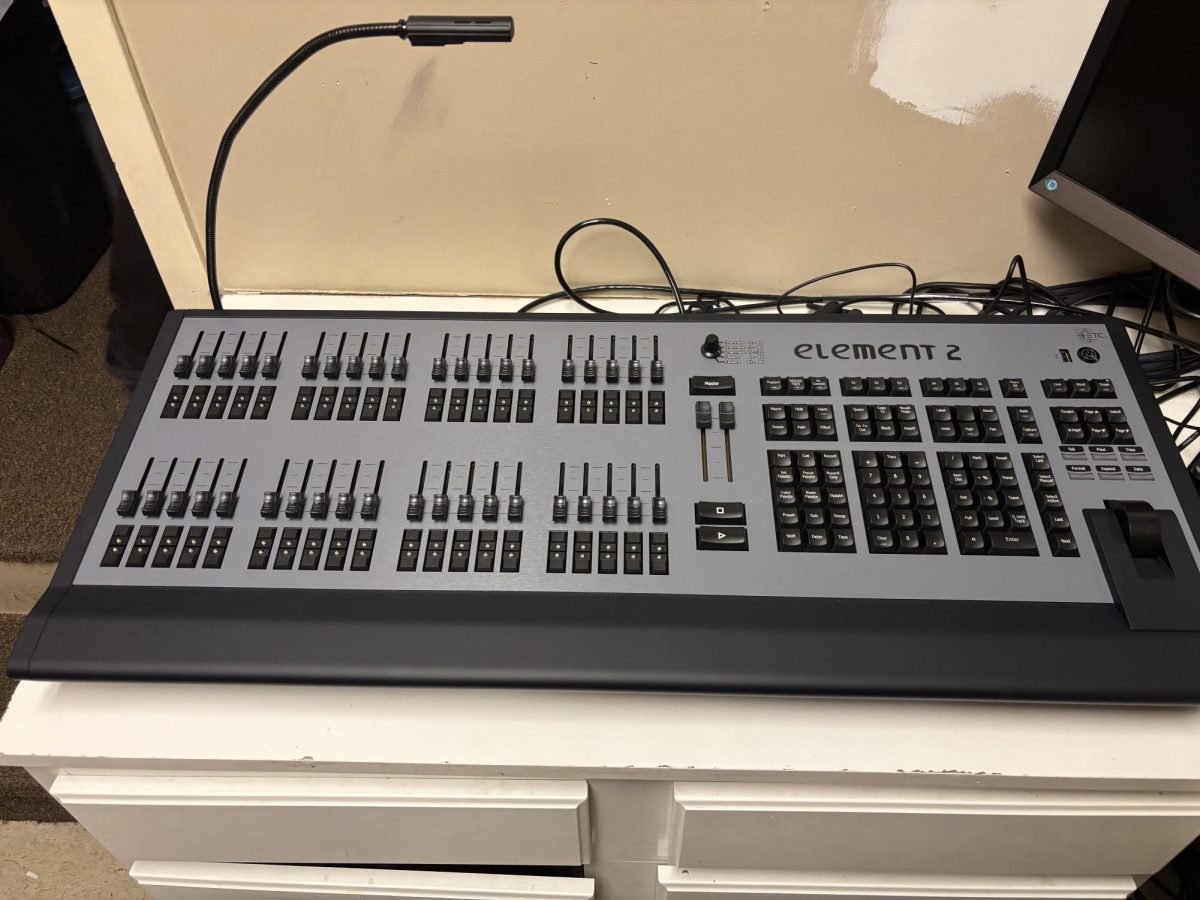


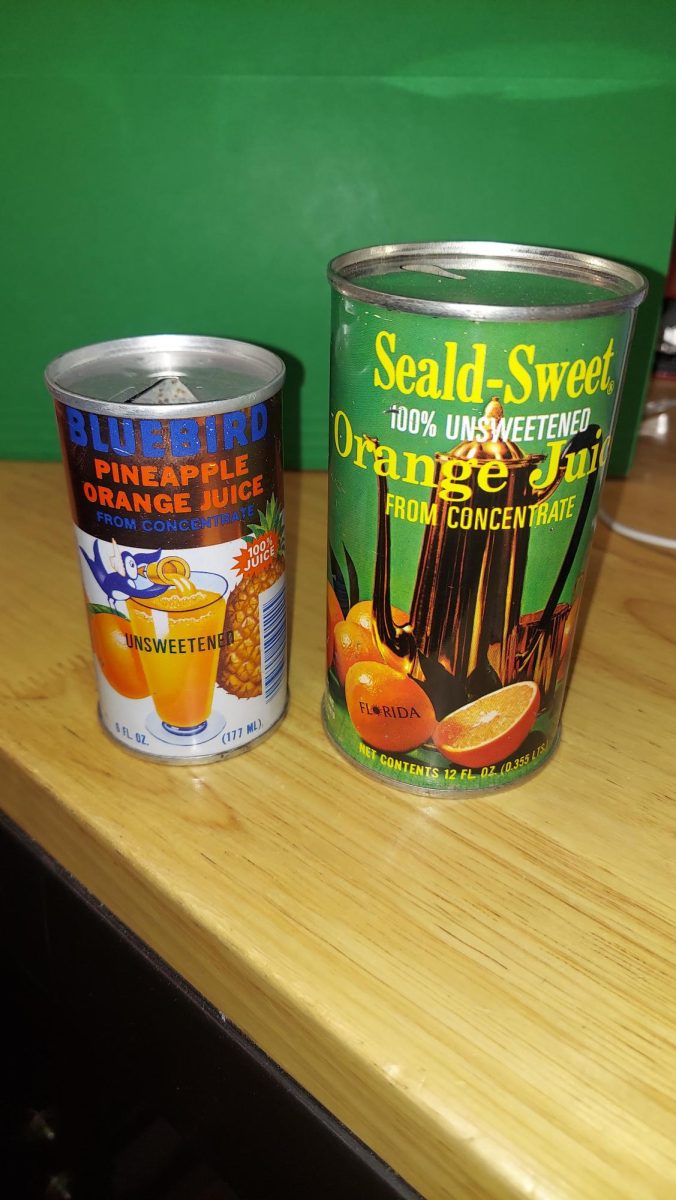













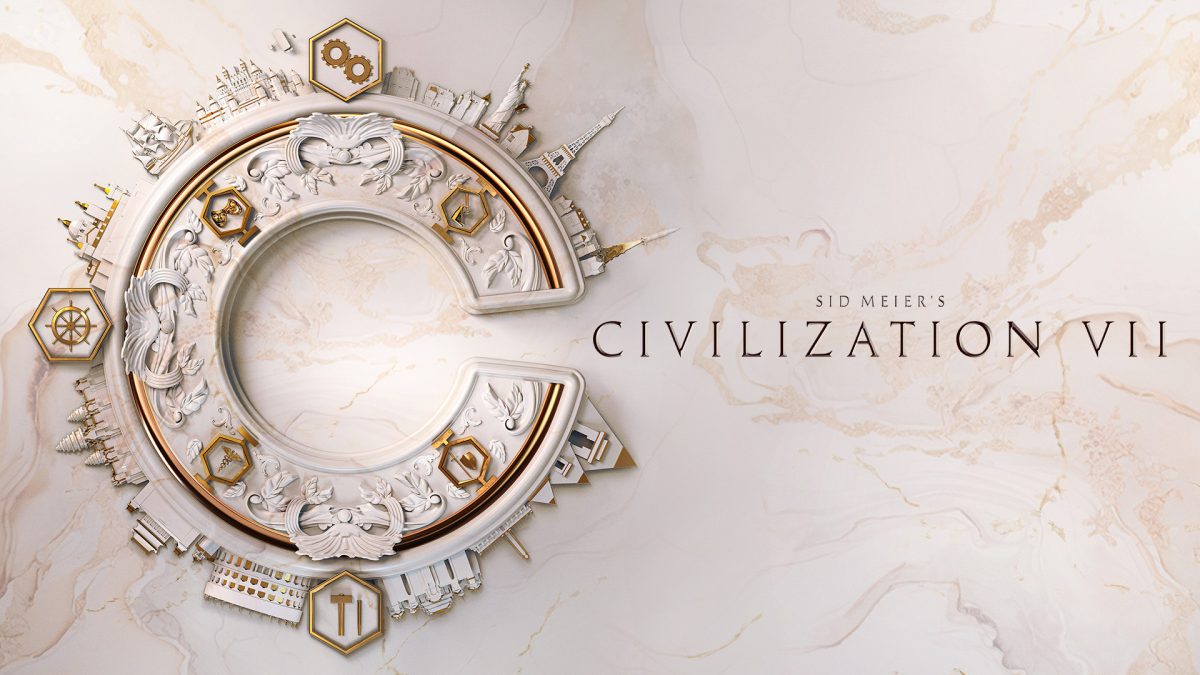
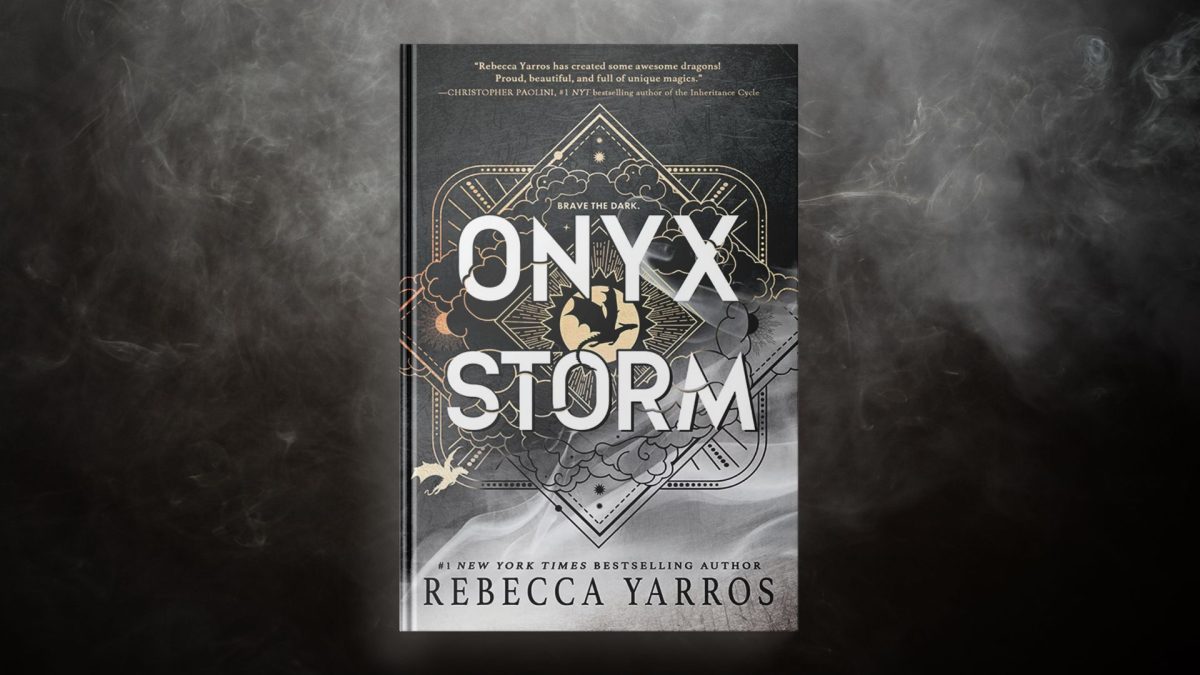


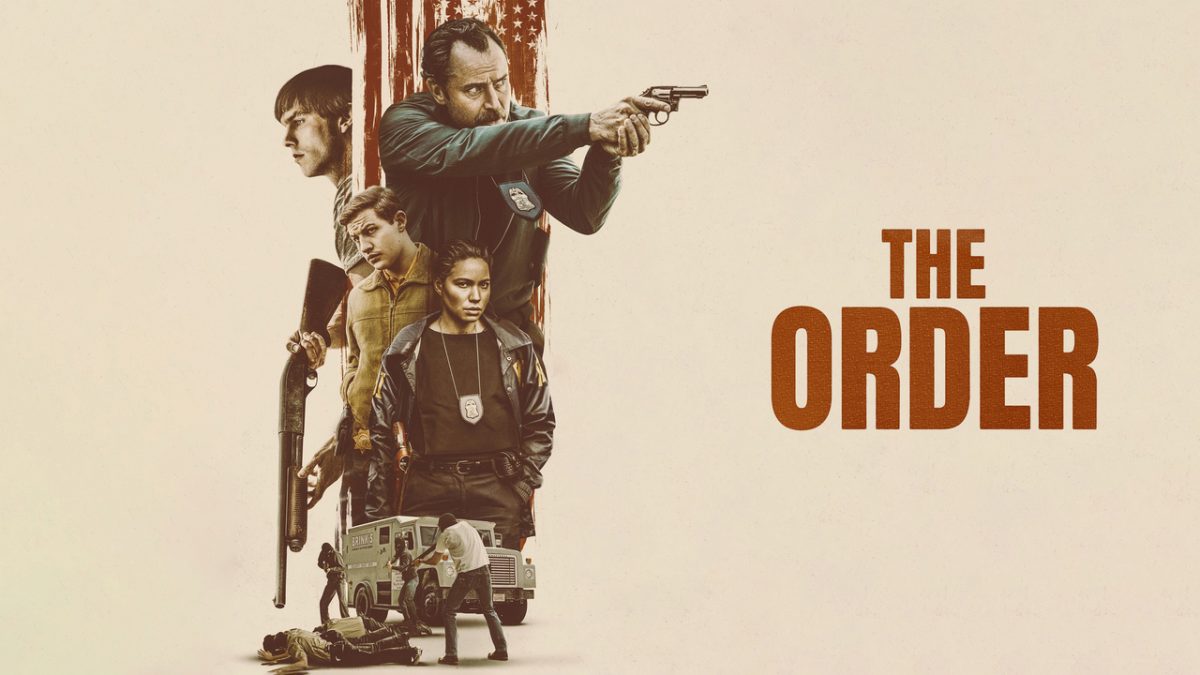









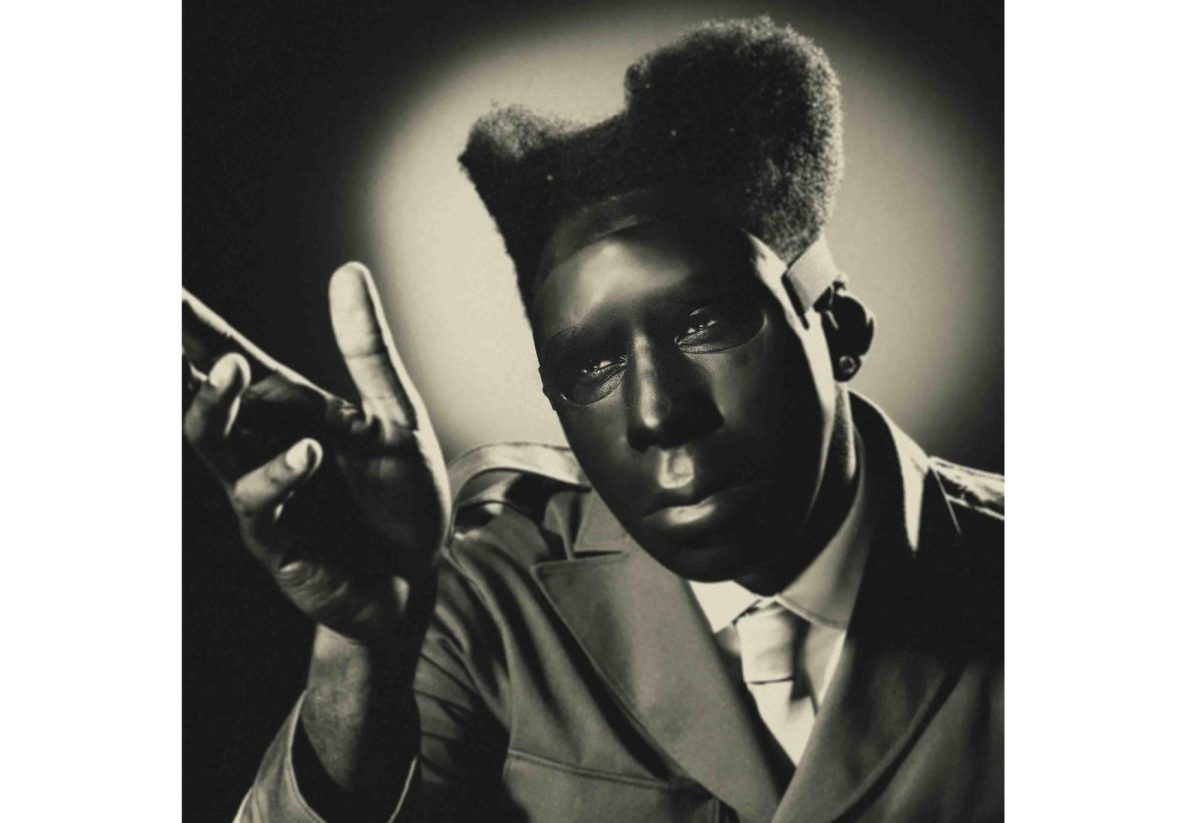











Tina Herold • Oct 14, 2016 at 11:48 am
I have to say, I love that this article does not attack anyone. Binary or non. I think that is the main idea behind it. Personally, I have never seen a need for other genders beyond male and female. I have known I was a female, and although I went through a “tom boy” phase I have never not wanted to be female. So although I don’t really understand the need for other genders, who am I to tell people that they way they feel and think is wrong? I don’t care what you identify as, you are a person with emotions and feelings, therefore I will treat you as one. Why can’t people just let people be who they want to be? Someone being gender fluid does not hurt me, a heterosexual female. So why is this even an issue? Why can people except gay or bisexual people, but not non binary people? What is the difference beside their preferences? We are all people and we should treat all people with the same respect we wish to be treated regardless of gender, sexual preference, age, race or any other factors. To me, it’s almost like a nickname. My name given at birth is Christina, however as I grew older and got to know myself I found that Tina fitted my personality better. When I introduce myself as Tina, people don’t refuse and call me Christina because Tina isn’t my real name and I must just be confused or stupid. No, they call me Tina because that is what I prefer. There’s no need to fight about it. Yes, a name is just a name, but a gender is just a gender. None of that makes who we are. We are who we choose to be. We are more than a gander or a name. So why do people get so caught up when someone is different then what we were taught? Simply let people be people. Live and let live.
Tyler Jungbauer • Oct 13, 2016 at 3:56 pm
As human beings, we tend to think and ponder the different aspects of our existence. As our brains have grown in size and capacity the longer we exist on this earth, the more questions we ask. One such question that is very difficult to answer is, Who are we? Who am I? This is not simply a philosophical question, as philosophical questions get us nowhere except to science. However, as a scientific question, this is an increasingly complex question. We don’t quite understand consciousness, and so it isn’t a surprise that we don’t yet have a grasp on what identity is. What is beautiful about identity, though, is the fact that our brains conceptualize themselves. I have a brain, this brain is me, and this brain is really just a whole bunch of atoms thinking about themselves. Given this fact, it is amazing that we conceptualize identity at all. But since we do, and have for a long, long time, it is only fair to provide freedom and liberality in how we understand identity. There is no reason whatsoever why binary options must encapsulate the entirety of our understanding of identity.